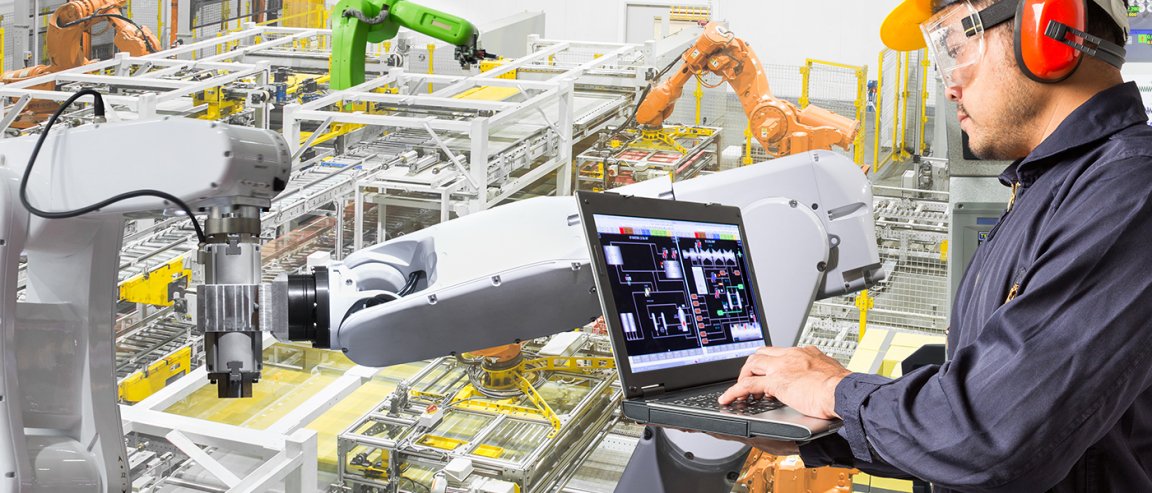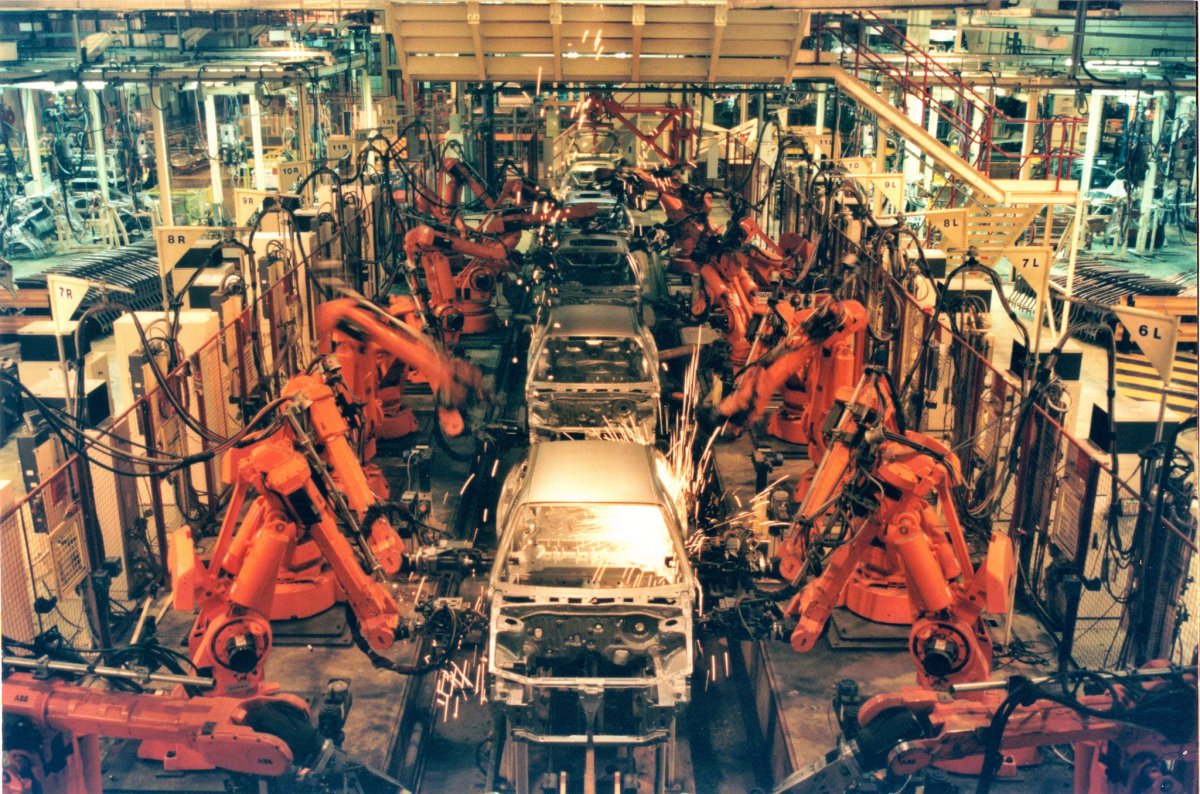
Losing Jobs
Right now in the United States there is a duel raging on between who or what to scapegoat for the disappearance of certain jobs. One side blames Mexico and China, international trade, and outsiders generally. The other blames artificial intelligence (AI) and automation, the specter of robots stealing jobs. There is evidence that automation is making some jobs obsolete (almost none that points to trade or immigration). However, both positions are overlooking the real issue: the economy is changing in fundamental ways, and there is no way to stop that change.
By 2020, AIs could be powering 85 percent of customer service transactions, rendering them human-free. That could wipe out a career that, in 2015, employed about six percent of the total American workforce (8 million people) with retail sales and cashier jobs. There are 8.7 million people working in trucking in the U.S., and they are staring down the barrel of self-driving vehicles right now. Automation is also likely to replace humans in the food industry by the mid-2020s. Even back in 2013 it was estimated that about 47 percent of the American workforce were at high risk of losing their jobs to automation.

Either we are living in a time which is historically unique for job loss and change, or this is just the next stage in an economic cycle. If the later is the case, then, just as workers moved from agricultural jobs into factories, we are shifting once more. This may sound ominous, but actually, it is good news. It means that there are at least three reasons that automation won’t leave you unemployed.
Trading In D-List Jobs
First, new technologies always usher in new jobs as they eliminate existing positions. Colin Parris, VP of Software Research at GE, explained in an interview with TechCrunch that fighting job losses doesn’t mean resisting automation:
The only way…is to train the talent that we have. Because in the future, we have to embrace robotics. It allows us to reduce cost. If I reduce cost, I have more money that I can use for innovation. The more money I have, the more new products I can create. The more products I create, the more workforce I can hire.
Second, when automation results in job loss, the lost jobs are typically positions that are tough to keep staffed.
“It might take employees out of what we call the ‘three Ds,’ a dull, dirty, or dangerous job,” says Bob Doyle, of the Association for Advancing Automation, to TechCrunch. But “[it] puts them hopefully in a different position that creates more value to the company,” he added. Parris agreed with the “three Ds” position.
There is no question that automation will eliminate some jobs — “D-list” jobs. Automation frees humans from the jobs no one wants do, jobs that are costing us our health and our lives. And while we’re not always adept with cooperation, we’ll need to do better to thrive in our new economy. Instead of petty squabbling over how much unpleasant work we should each have to do, we might instead just agree to pay ourselves for entrepreneurship and volunteer work — fostering more innovation and more new jobs — through universal basic income schemes as necessary.
Third, our economy will almost certainly shift in ways no one can foresee. Economists today warn of the dangers of “job polarization,” the division of human workers into either highly skilled and unskilled classes, with middle-of-the-road jobs lost. However, part of the reason we may not be able to envision a new middle class yet is that we are not yet reeducating ourselves well enough to perceive what the new jobs of the automation era look like.
“We can’t predict what jobs will be created in the future, but it’s always been like that,” says Joel Mokyr, an economic historian at Northwestern University, said in an interview with the Economist. “[The video-game designers and cybersecurity specialists] are jobs that nobody in the past would have predicted.”
The important question isn’t who is “stealing” jobs, because they are gone — or soon will be — never to return. Why should we want dangerous, dirty, and dull jobs back; we can innovate and create new jobs as we have in the past. Now, we must either retrain our workforce to master these economic changes or face the growing gap between educated and non-educated workers. Let’s hope we choose the former.